The number of tests conducted so far has crossed 3.68 crore. At the same time, recovery rate has become more than 75.92%, while active cases are only 22.2% of total cases. In the last 24 hours, number of active cases came down by 6,400. Recovered patients are now more than 24 lakh, while the number active patients stand at 7,04,348, as on date. This apart, death percentage is at 1.84%, which is one of the lowest in the world. This has been informed by Shri Rajesh Bhushan, Health Secretary, while briefing media persons on the actions taken, preparedness and updates on COVID-19, at National Media Centre in New Delhi today. The Health Secretary also informed, “The rate of increase of active cases, on a day-on-day as well as week-on-week basis, shows a declining graph"
Explaining in detail, Shri Bhushan stated, enhanced testing infrastructure is leading to rise in tests. "We, at the level of Health Ministry monitor the positivity rate on a day-to-day as well as on a 7-day rolling average basis. This apart, cumulative positivity rate on basis of the tests conducted so far is also monitored”, he informed. As on August 13, the positivity rate was 8.93% when cumulative testing was around 2.68 crore. But, as on date, when the cumulative testing figure has increased to 3.6 crore, the positivity rate has decreased to 8.6%. Similarly, the positivity rate recorded on the basis of seven-day rolling average was 11% in the first week of August. It has now come down as on date to 8% (7-day rolling average). “While the number of tests has increased exponentially, there has been a steady decline in the positivity rate", stated the Health Secretary.
This apart, tests per million per day is also continuously rising. "We have to keep in mind the population of the country which is the second highest in the world. This becomes a factor while increasing tests per million population. It is easy to increase tests per million in countries having a smaller population. But, in countries like India a lot of challenges arise in this work", stated Shri Bhushan.
A study of the critical cases show 2.70% patients are on oxygen support, 1.92% are in ICU, while 0.29% patients are on ventilator support, out of the total active cases. This apart, analysis of deaths show, 51% of deaths occurred in 60 years and above age group, 36% deaths in the 45-60 years age group, 11% between 26-44 years, 1% in 18-25 years age group and 1% COVID-19 related deaths occurred to those aged below 17. These data, as presented by the Health Secretary, again points out that people with comorbidities and elderly are at high risk. An analysis on the basis of gender shows 31% of the deaths occurred to female patients, while 69% to males.
Stating as to how testing has been increased in a calibrated manner, DG, ICMR Prof (Dr.) Balram Bhargava informed, “In the first phase, COVID-19 was an urban phenomena which occurred in large cities with international airports and hence labs for RT-PCR tests, which is still a gold standard, were set up. In the second phase, at the district level, some RT-PCR labs were set up along with repurposing of the TRUENAT and CBNAAT tests originally meant for tuberculosis and the Abbott machines originally meant for HIV-AIDs. In the third phase, at the field level, antigen tests having moderate to high sensitivity and very high specificity were deployed for the purpose of COVID-19 testing”.
This week a landmark of 10 lakh tests per day has been reached. Presently there are 1524 testing labs in the country, including state-of-the-art high throughput testing machines have also been installed at 5 cities, namely, Delhi, Mumbai, Noida, Kolkata and Patna, for which a number of ICMR labs were re-purposed. Speaking on the augmentation of COVID-19 testing capacity, DG, ICMR stated, the purpose of calibrated testing strategy was to gradually increase the number of tests as and when required, take it to areas where it was mostly required (including faraway areas) as well as to bring down the cost. In the month of March, a RT-PCR Kit costed around Rs 1150, VTM and RNA Extraction kits costed around Rs 320 each. As and when the indigenous kits became available, the international kits also reduced their costs. Presently, an RT-PCR kit is available for Rs 138/-, while VTM and RNA Extraction kits come at Rs 90 each. This way, the cost of a RT-PCR test came down from around Rs 2000 to Rs 310. Gradually, as and when Indian industries, start-ups, central laboratories started developing indigenous kits, the international kits also reduced their costs. In this connection, the DG, ICMR further informed, most of the VTM, RT-PCR and RNA Extraction kits were imported in the beginning of April. More than 700 such kits have been evaluated. At the 24 ICMR Evaluation Centres, out of all the testing kits tested so far, 119 VTM, 46 RT-PCR, 62 RNA Extraction, 10 ELISA, 11 Rapid Antibody and 1 Rapid Antigen Kits of indigenous-make. More recently, many of the states have started procuring these kits, further informed the DG of ICMR. All these kits are now available in GeM platform, he added.
DG-ICMR further informed, more RT-PCR testing labs are being set-up.
In reply to a query, DG-ICMR replied, ICMR sero-surveys can expected to be published this week in ‘Indian Journal of Medical Research’ after being subjected to two rounds of peer-reviews. He further informed, ICMR has embarked on the second round of national sero-survey which may be completed by the first week of September. Most of the sero-surveys are being conducted by the states and the reports are shared with the ICMR. He also stated that Neutralizing Antibodies, T-Cell responses etc. are not being studied in these large sero-surveys. He also said, sero-surveys guide us about what phase of the epidemic is prevailing at a particular area and thereby helping policy makers to decide on what should be the public health response.
In answer to a query on vaccines, DG, ICMR, said, 1700 patients are to be studied in Phase 2B/Phase 3 clinical trials of the vaccine being conducted by Serum Institute. As of now, three vaccines are in progress and three more are in pre-clinical stage, he said.
On a media query about Tele-ICU interventions started by AIIMS, New Delhi to treating doctors around the country, Shri Bhushan said, 14 such sessions have been held covering 148 COVID-19 Hospitals so far.
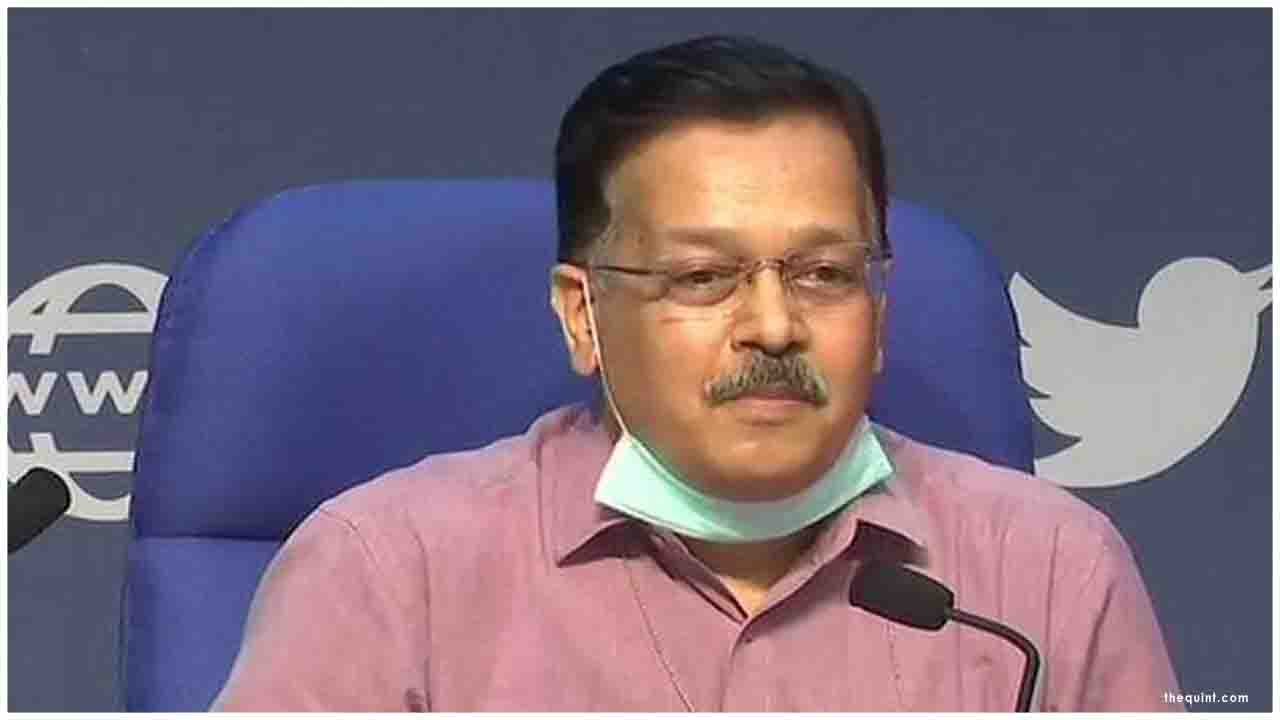
 According to Health Ministry new Coronavirus reporting are slowing down
According to Health Ministry new Coronavirus reporting are slowing down





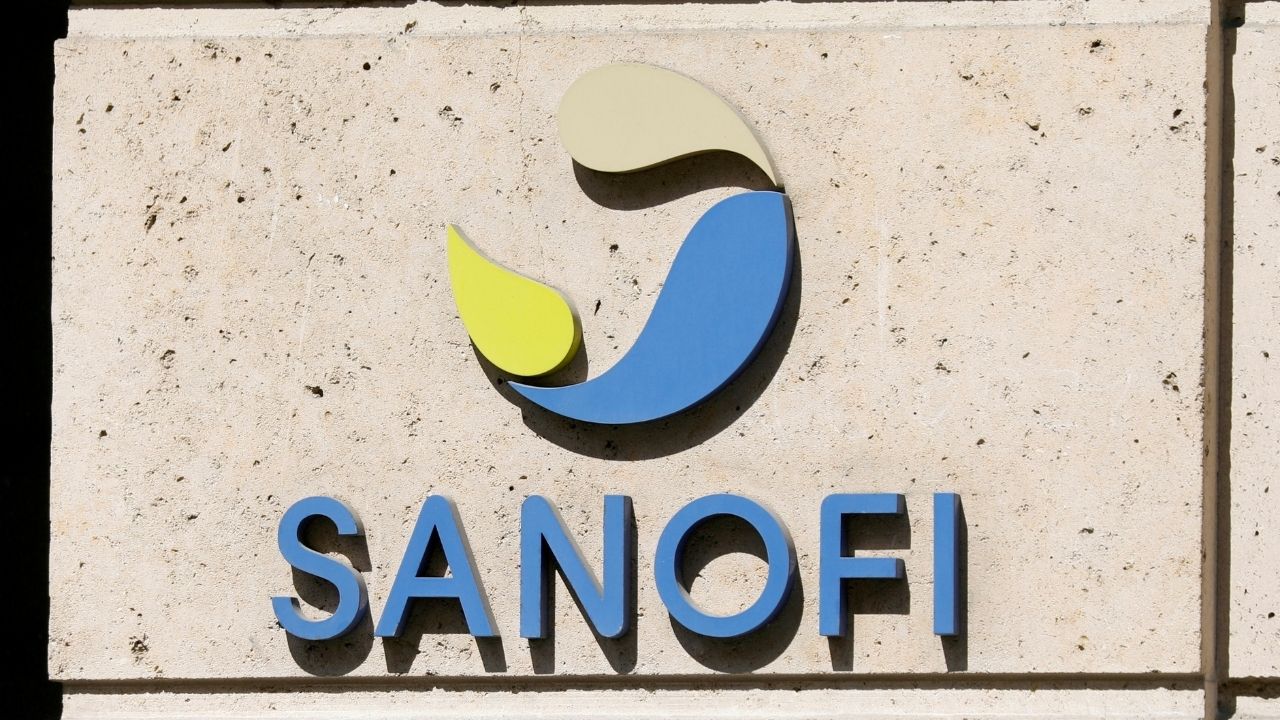
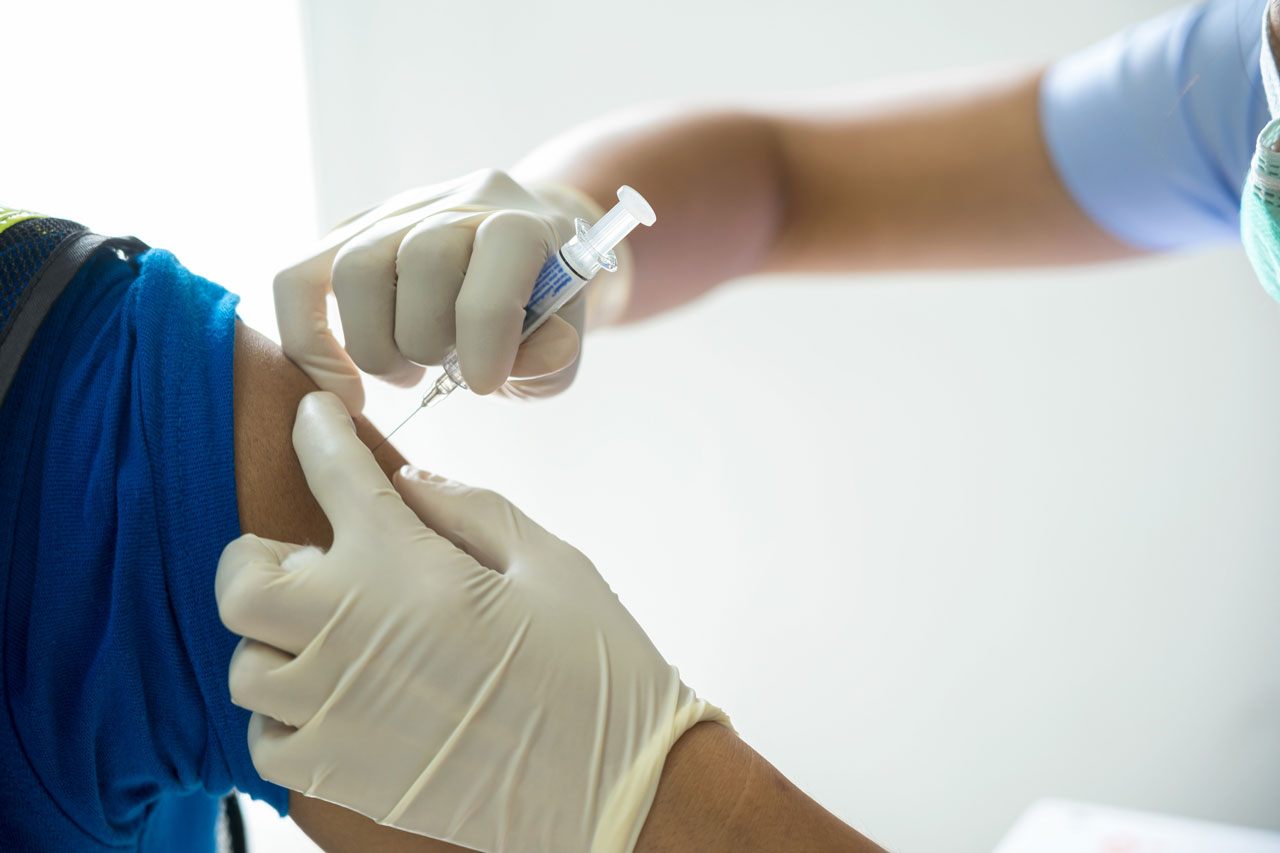
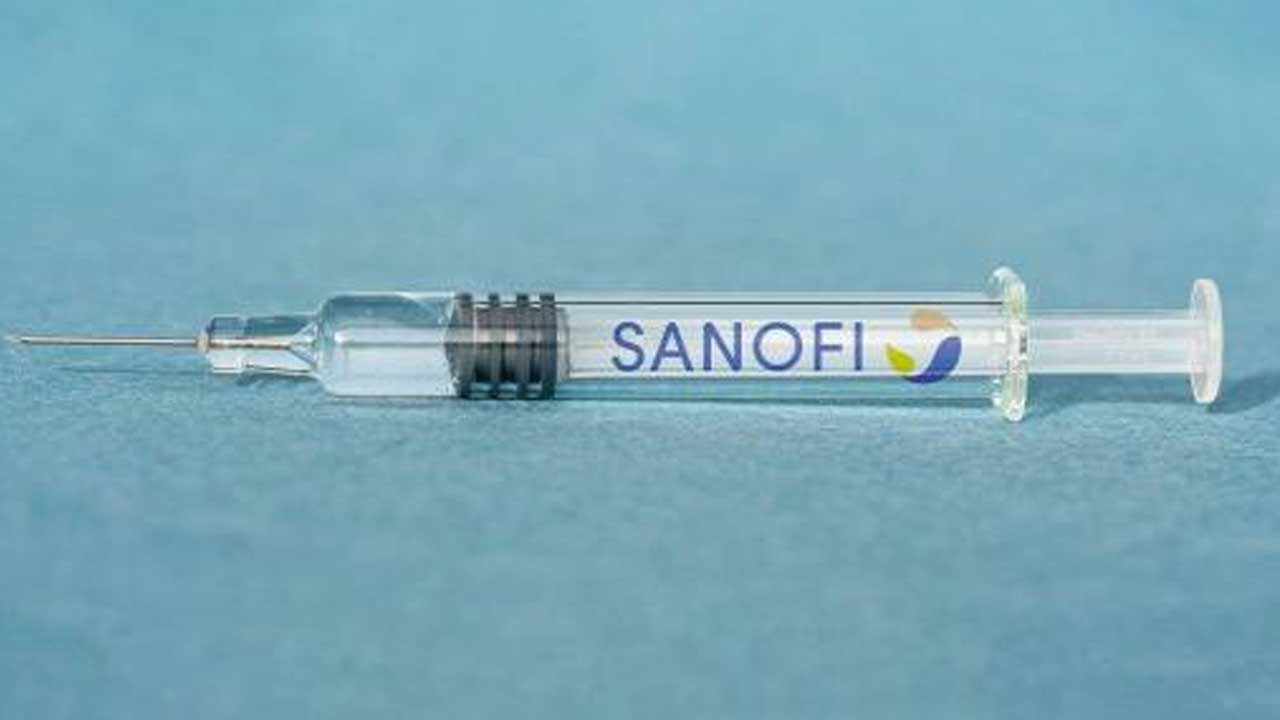
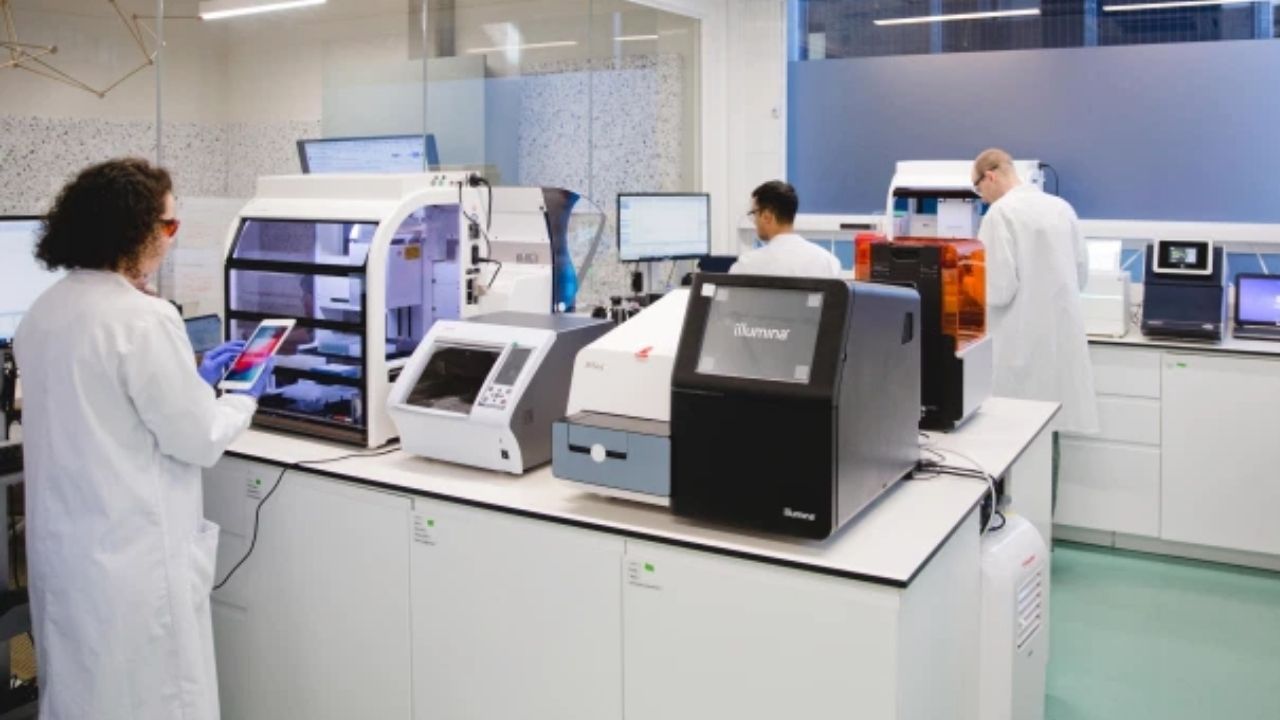


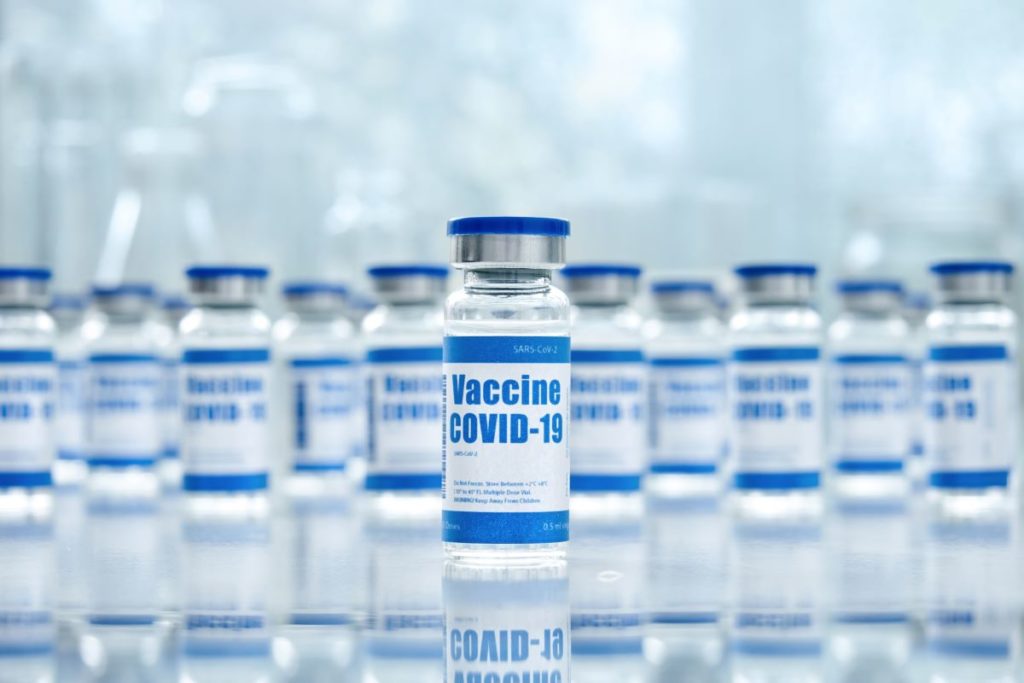


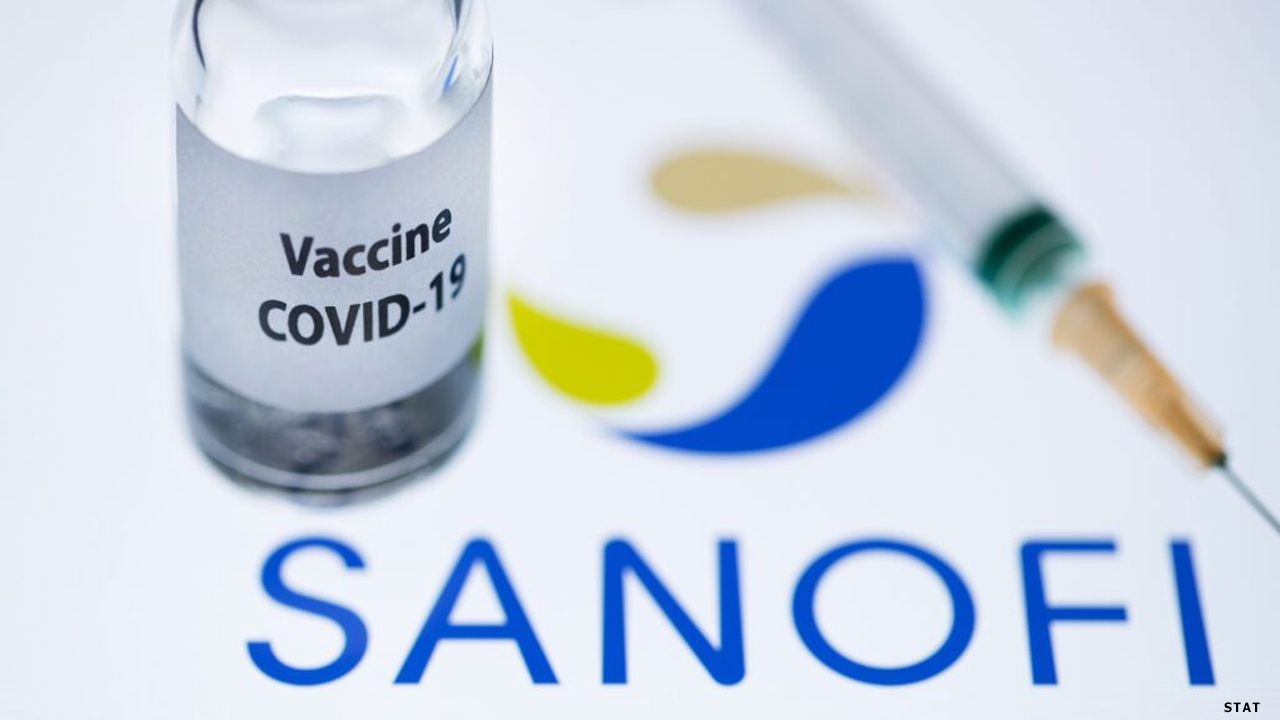





.jpeg)


.jpeg)



.jpeg)
.jpeg)






.jpeg)





